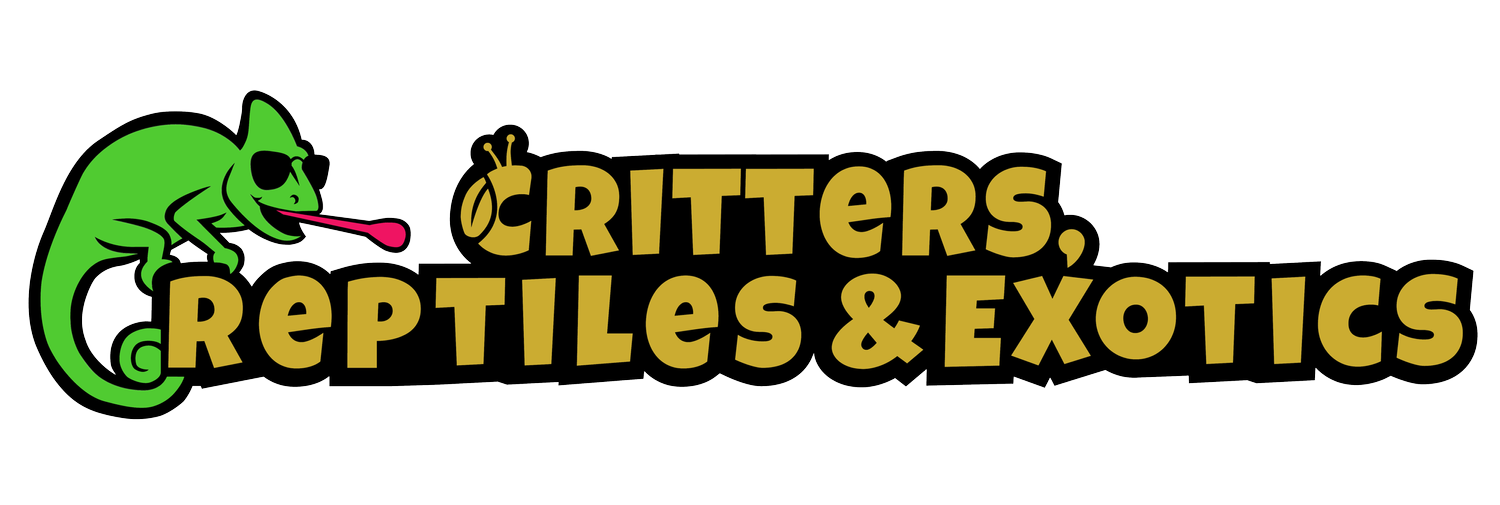Use the search feature to find your pet’s care sheet!
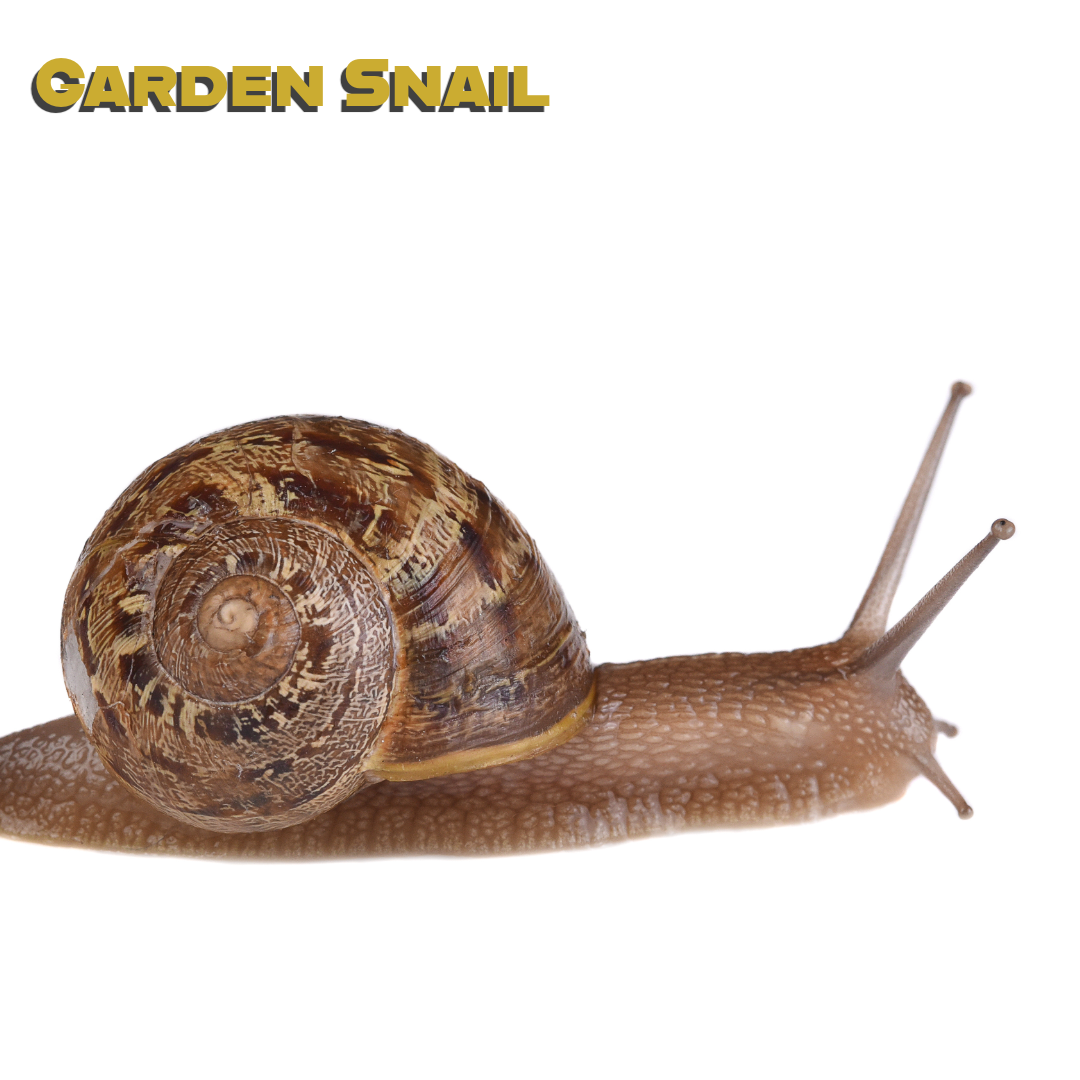
Caring for your Garden Snail
The Garden Snail, also known as the Brown Garden Snail or European Garden Snail, is a small terrestrial gastropod native to the Mediterranean region but now widespread across Europe, North America, and many temperate climates. These snails grow to about 1–1.5 inches in shell…
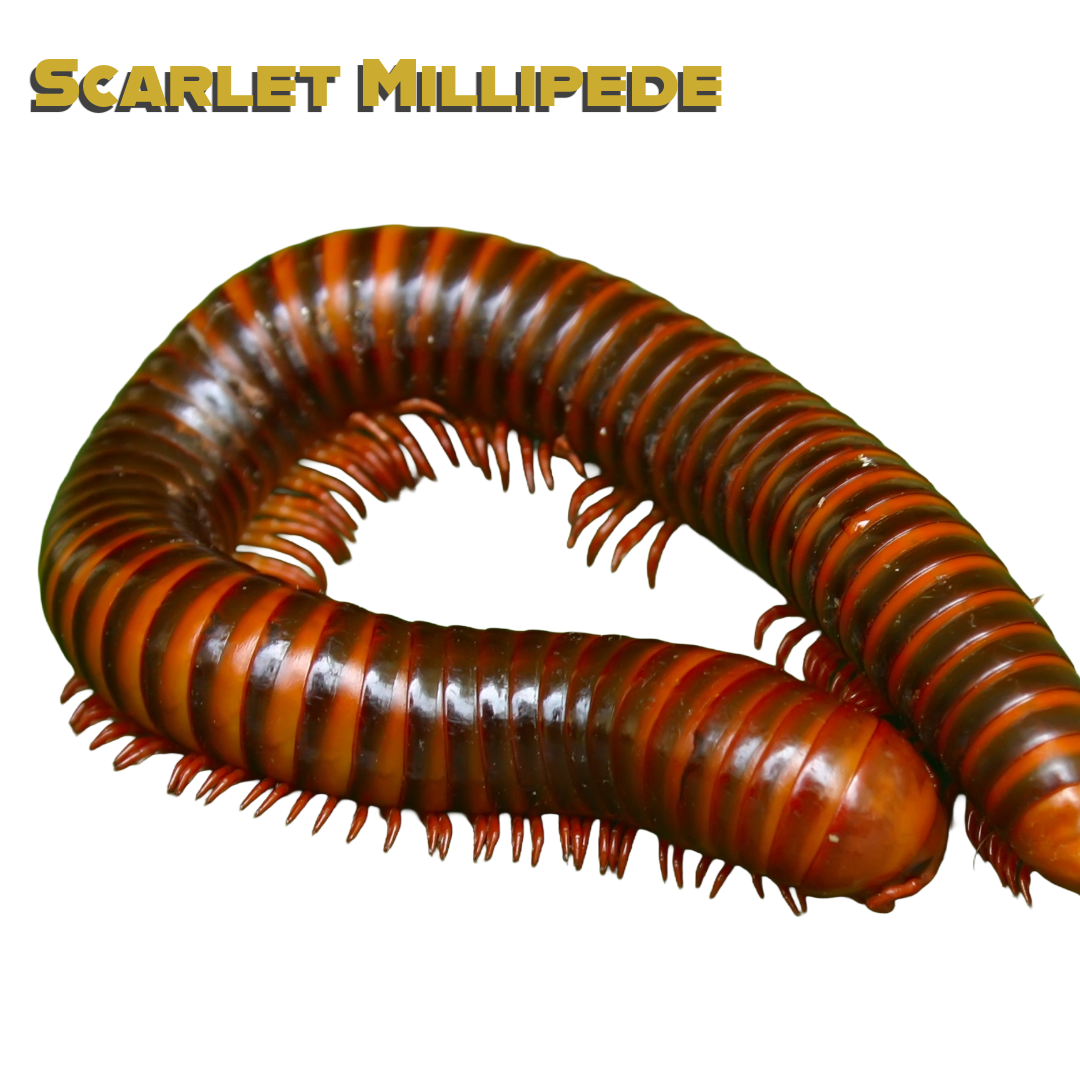
Caring for your Scarlet Millipede
Scarlet Millipedes are beautifully colored, smooth-bodied millipedes known for their bright red or orange segments contrasted with darker legs and antennae. Native to Southeast Asia, they inhabit warm forest floors rich in leaf litter and decaying wood. They are nocturnal scavengers, spending most of the day…
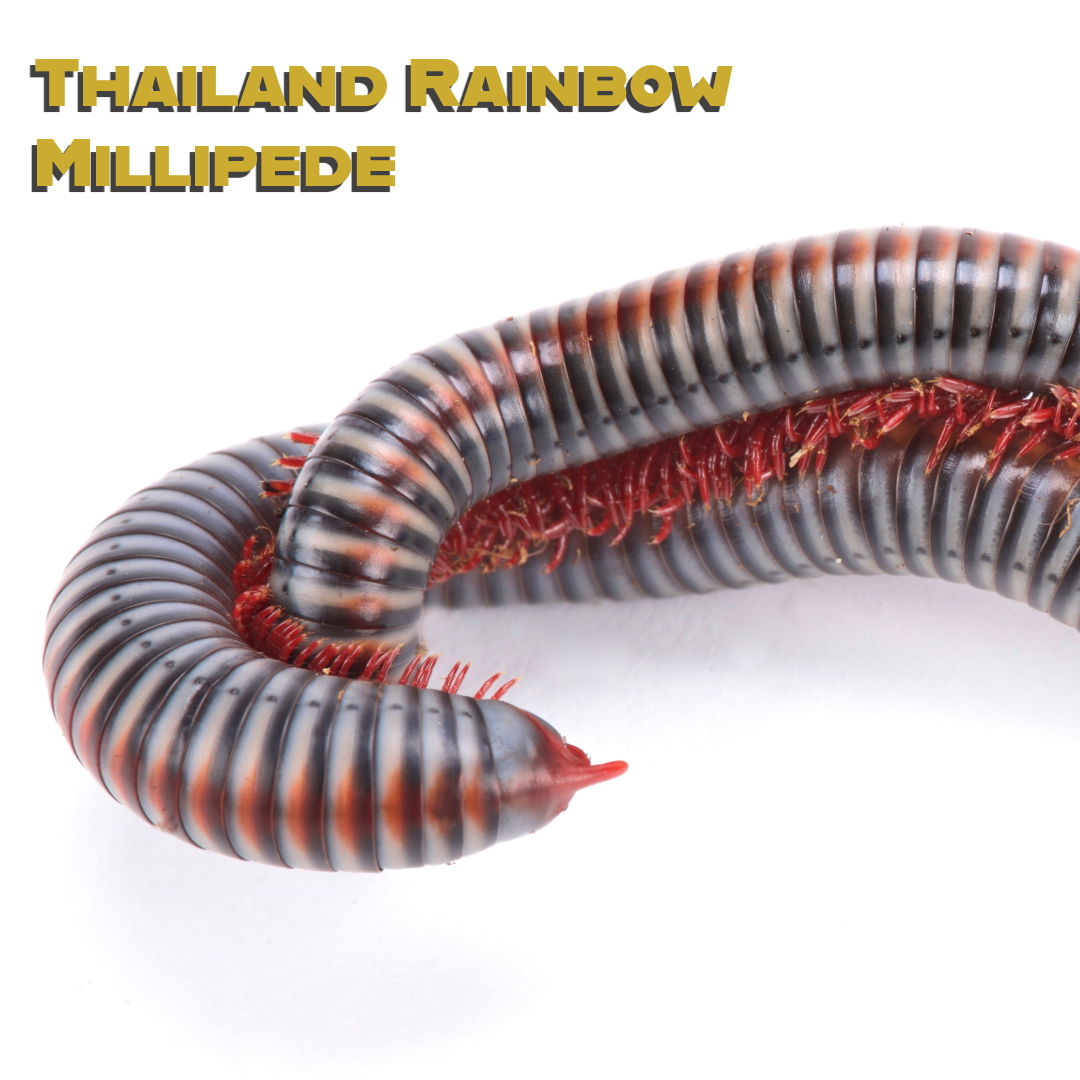
Caring for your Thailand Rainbow Millipede
Thailand Rainbow Millipedes are vibrant, eye-catching invertebrates known for their striking bands of red, orange, yellow, and deep black, giving them a rainbow-like appearance. Native to the tropical forests of Southeast Asia, these nocturnal millipedes spend most of their time…
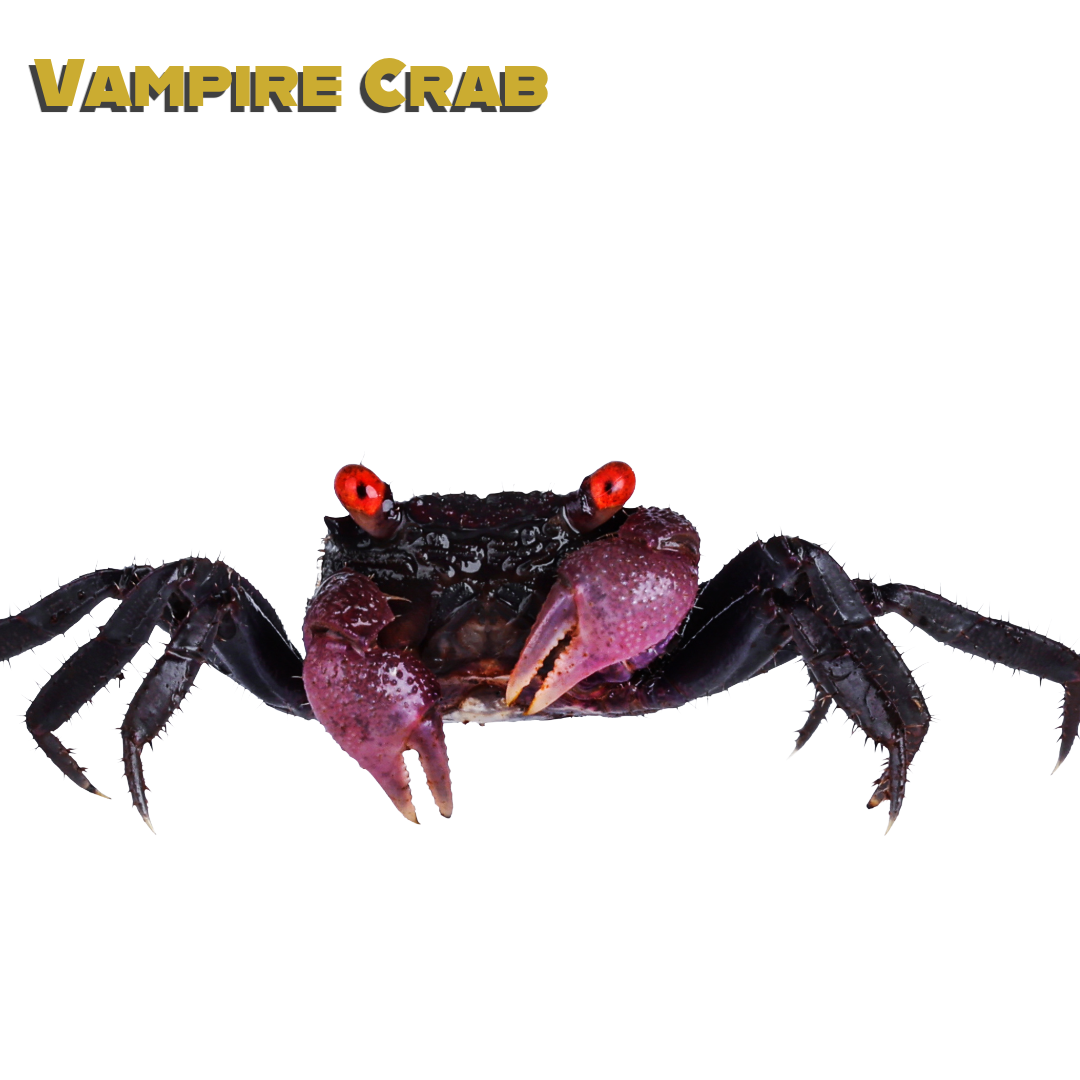
Caring for your Vampire Crab
Purple Vampire Crabs are small, brilliantly colored semi-terrestrial crabs native to the tropical forests and riverbanks of Indonesia and Southeast Asia. Despite their vivid purple bodies and bright yellow eyes, they remain tiny. They are primarily terrestrial, spending most of their time on land but…
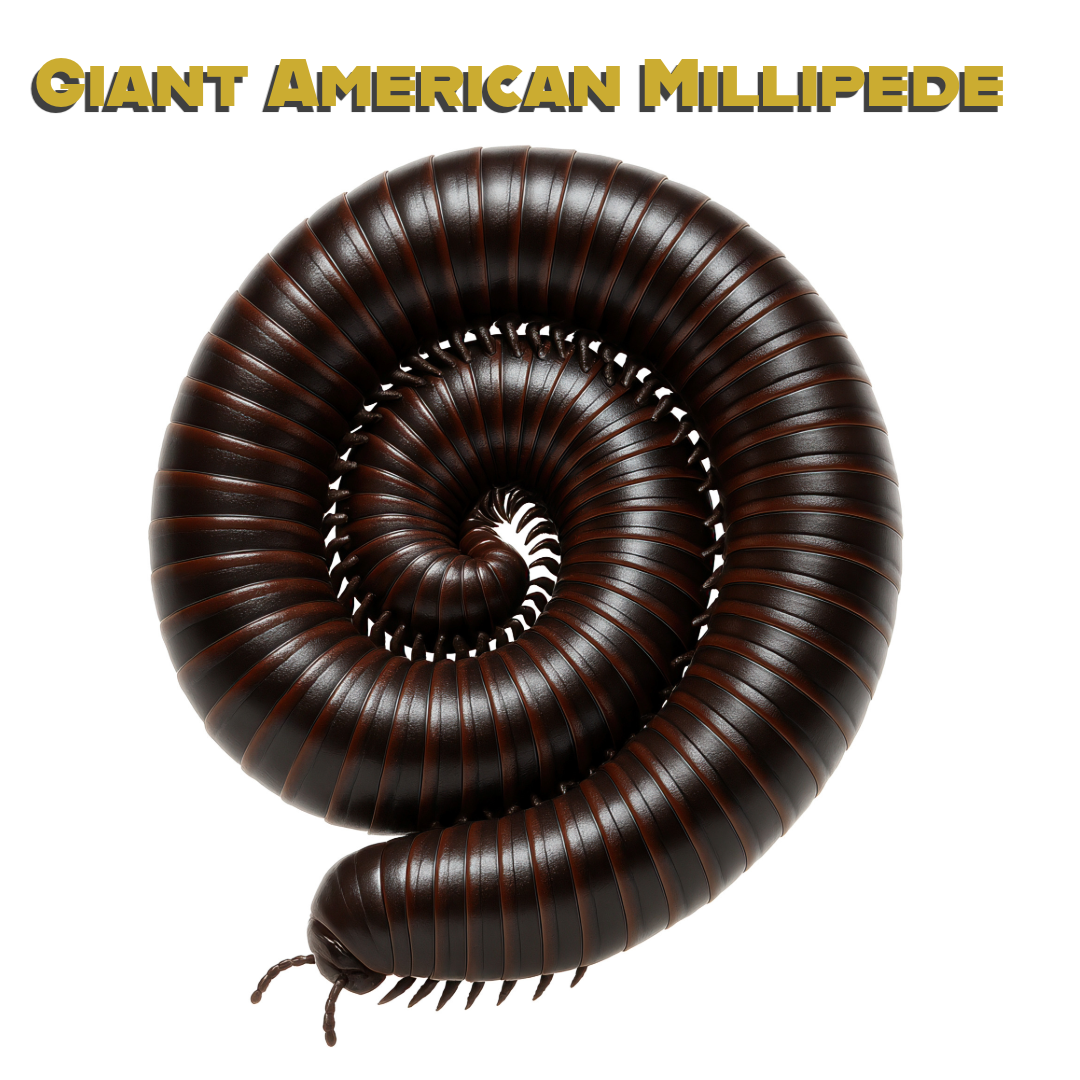
Caring for your Giant American Millipede
The American Giant Millipede is a hardy, slow-moving detritivore native to forests across the eastern United States, where it lives among leaf litter, rotting logs, and moist soil layers. Known for its smooth, cylindrical body and dark brown to black coloration, this species typically reaches 4–5 inches, though some individuals grow slightly larger. They are peaceful, non-aggressive invertebrates that prefer dim environments and are most active at night, making them excellent…
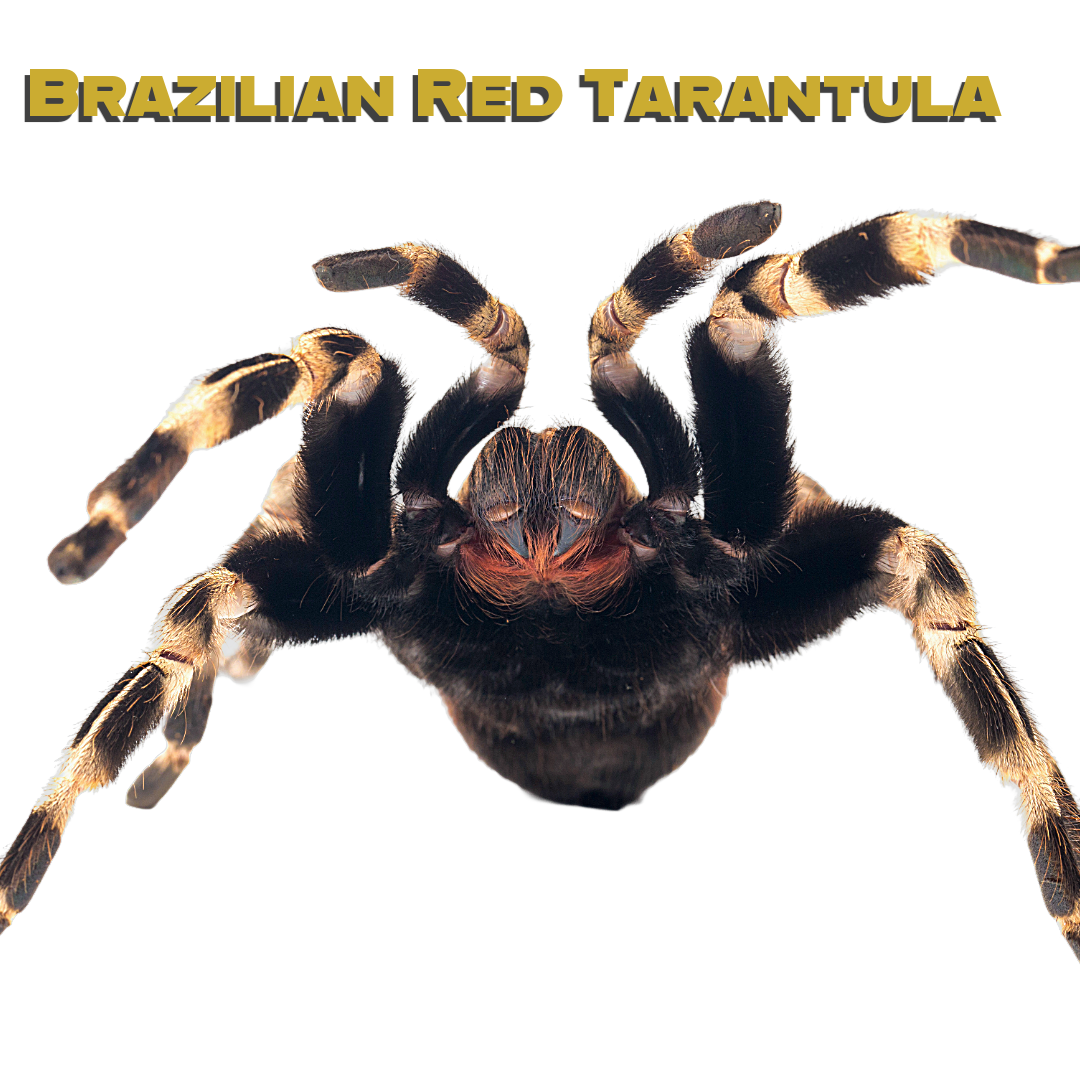
Caring for your Brazilian Red Tarantula
The Brazilian Red Tarantula is a medium-to-large New World species native to the grasslands and savannas of Brazil. It is admired for its striking reddish hues, dense leg setae, and robust body shape. Known for being bold and somewhat defensive compared to more docile species, it moves quickly but is generally hardy and adaptable in captivity. Adults commonly reach…
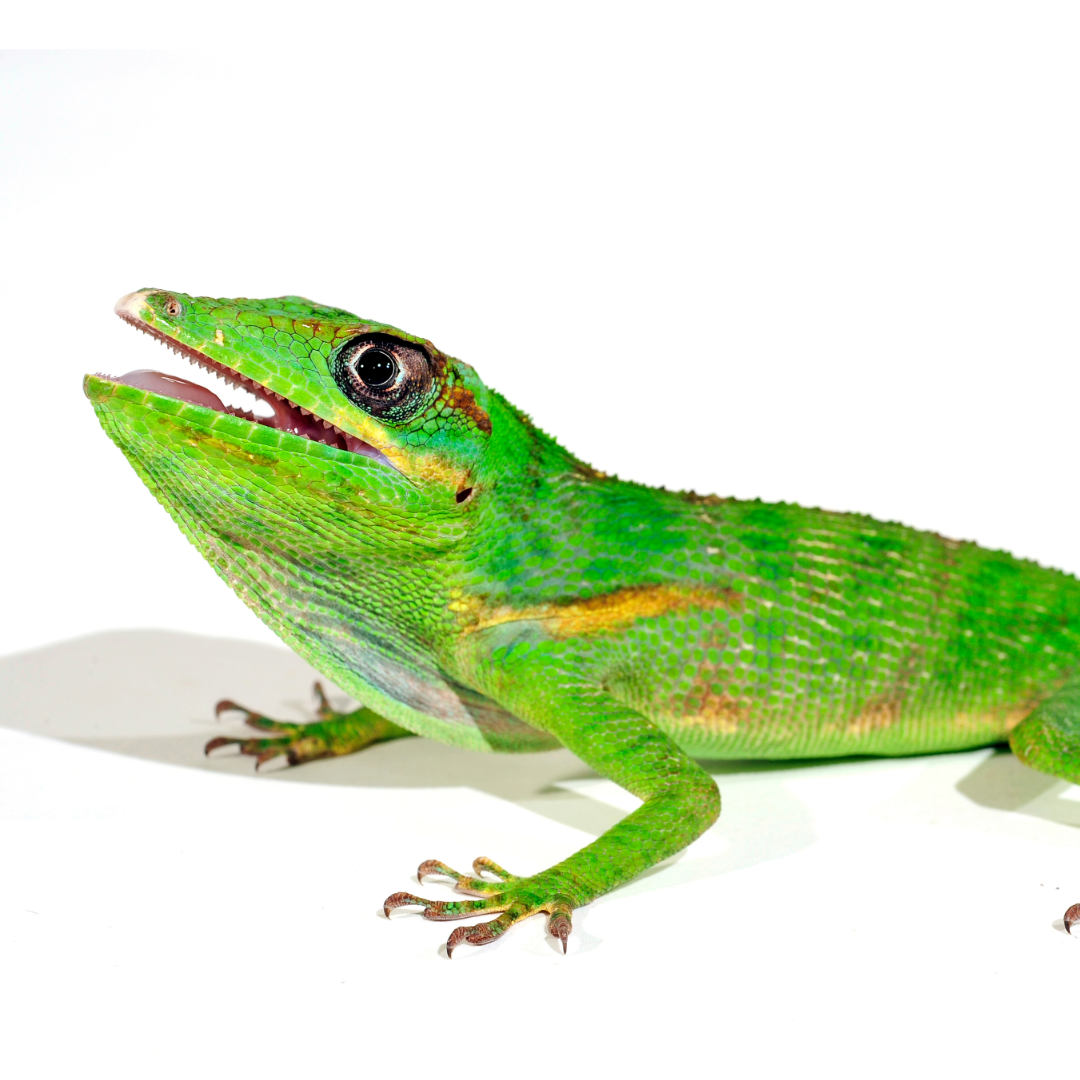
Caring for your Cuban Knight Anole
The Knight Anole, native to Cuba, is the largest anole species, reaching up to 18-20 inches in length. Recognizable by its vibrant green color with occasional white or…
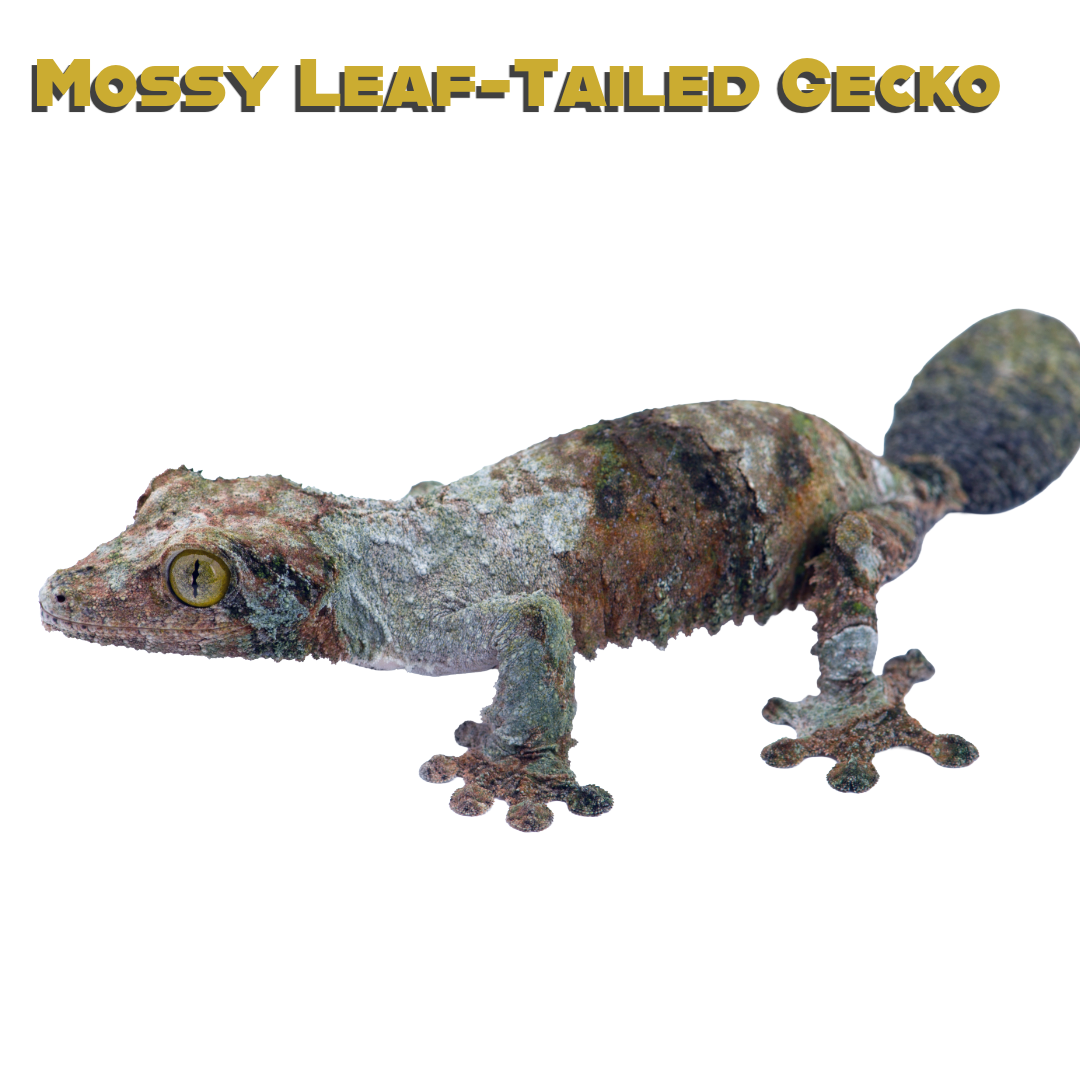
Mossy Leaf-Tailed Gecko Care
Mossy Leaf-Tailed Geckos are native to the rainforests of Madagascar. These highly arboreal geckos are nocturnal, blending seamlessly with tree bark and moss due to their remarkable camouflage. Their flattened bodies and leaf-like tails mimic their natural surroundings, providing excellent concealment from predators. Adults grow to approximately 6-8…
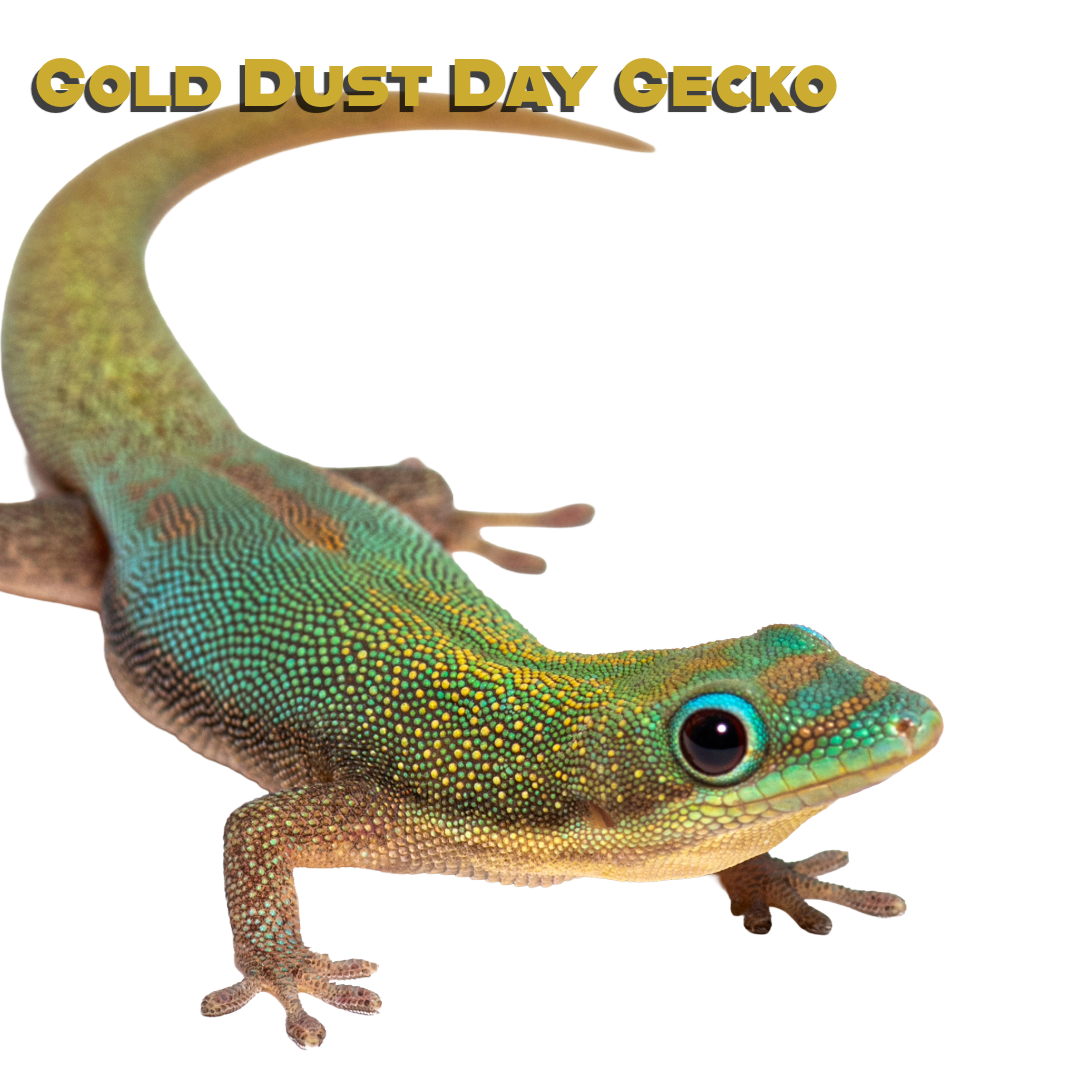
Caring for your Gold Dust Day Gecko
Gold Dust Day Geckos are native to Madagascar and nearby islands, where they inhabit tropical rainforests. They are diurnal and arboreal, spending most of their time climbing and basking during the day. These geckos are easily recognizable by their vibrant green coloration with yellow speckles or “gold dust” on their body and red markings on their head. Adults reach around 4-6…
